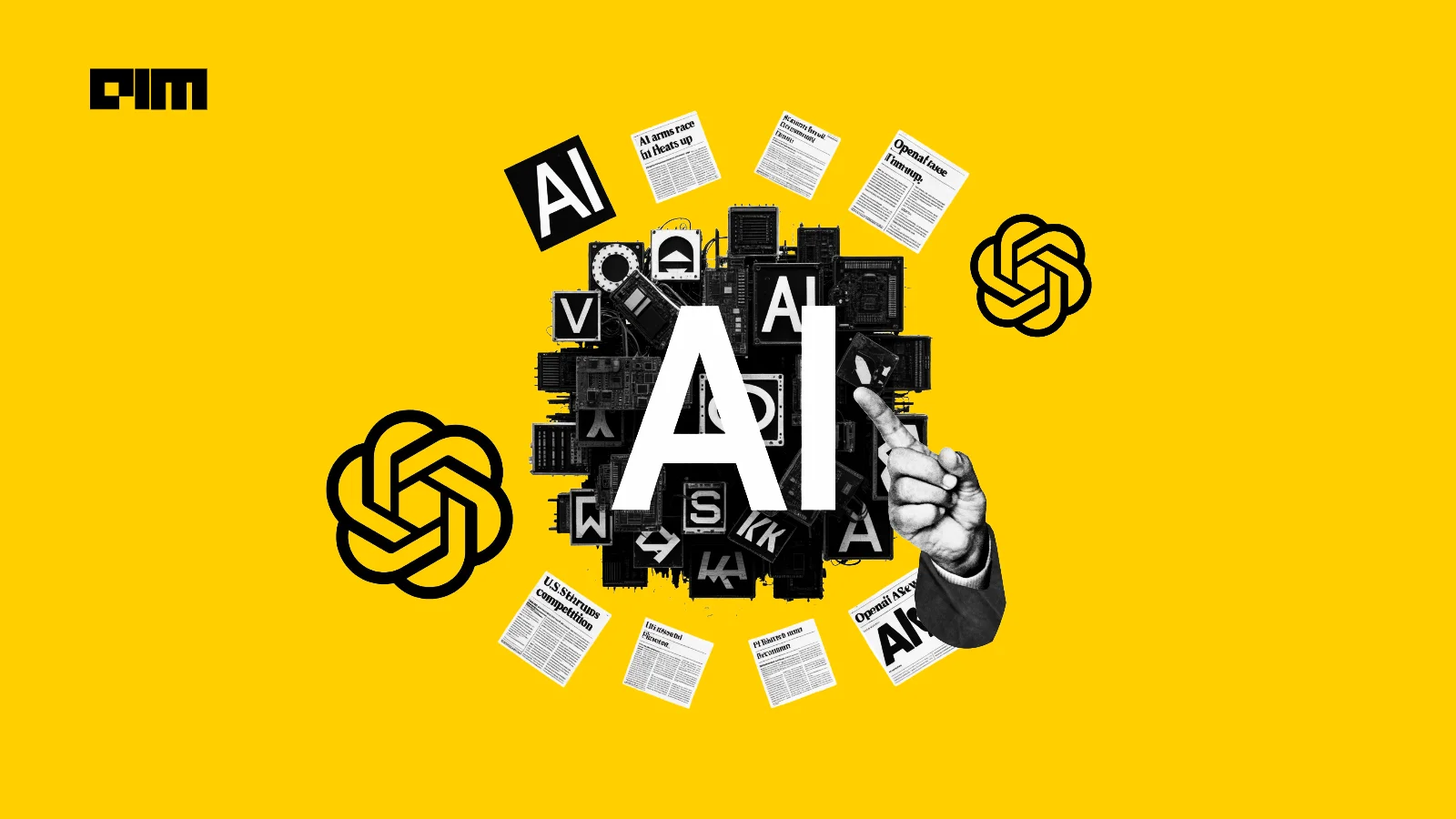Which US AI startups challenge OpenAI's dominance?

Startups are challenging OpenAI’s big and closed approach with safer, transparent and specialized AI in the U.S. AI race.
OpenAI’s dominance in the U.S. AI landscape has been defined by the scale of its models and their widespread adoption. Its tools have set technical benchmarks and shaped expectations for AI across industries.
Yet, a new wave of startups is challenging the notion that leadership in AI is only about size or general-purpose capability. These companies are pursuing specialization, transparency, safety, enterprise control, and open-access philosophies, carving out niches that OpenAI has not fully addressed. By focusing on these differentiated approaches, they are reshaping the competitive map of U.S. AI.
Anthropic was founded in 2021 by former OpenAI researchers Dario Amodei and Daniela Amodei along with Jack Clark, Sam McCandlish, and Tom Brown. The company built its reputation on safety and interpretability.
Its Claude models are designed to be steerable and aligned with human intentions, reducing risks from unpredictable AI behavior. This focus has attracted interest from regulated sectors such as finance and healthcare.
In September 2025, Anthropic raised $13 billion in a Series F round, reaching a valuation of $183 billion. Dario Amodei said, “Our mission is to build AI systems that are interpretable, steerable, and aligned with human intentions.” For Anthropic, trustworthiness and predictable behavior define its competitive advantage.
xAI was founded by Elon Musk in 2023 with a focus on transparency and open-source AI. Its Grok models allow developers to inspect and modify the underlying weights, promoting a community-driven development model.
In August 2025, xAI released Grok 2.5 as open-source, giving developers more control than traditional proprietary platforms. Musk has stated, “We believe in the power of open-source AI to foster innovation and trust.” By prioritizing openness and transparency, xAI made itself an alternative for developers who need insight into how AI systems operate.
Perplexity AI was founded in 2022 by Aravind Srinivas, Denis Yarats, Johnny Ho, and Andy Konwinski. The company focuses on domain-specific AI with its Comet assistant, delivering real-time, context-aware responses tailored to professional workflows. Narrowing the scope of its models allows Perplexity to achieve higher precision and relevance than general-purpose systems.
In September 2025, the company raised $200 million, increasing its valuation to approximately $20 billion. Aravind Srinivas explained, “We aim to provide AI tools that are deeply integrated into specific domains, enhancing productivity and decision-making.” For Perplexity, specialization is its strategic moat.
Together AI, founded by Vipul Ved Prakash, Ce Zhang, Chris Ré, Tri Dao, and Percy Liang. The company focuses on open-access AI infrastructure, providing developers with tools to train, evaluate, and scale generative AI models. By lowering barriers to model development, Together AI enables a collaborative ecosystem beyond proprietary limits.
In February 2025, the company raised $305 million in a Series B funding round, bringing its valuation to $3.3 billion. Vipul Ved Prakash said, “Our mission is to empower developers with the tools they need to create and deploy open-source AI models.” The startup demonstrates how infrastructure and accessibility can serve as strategic advantages in the competitive AI landscape.
Cerebras Systems was founded in 2015 by Andrew Feldman, Gary Lauterbach, Michael James, Jean-Philippe Fricker, and Sean Lie and concentrates on AI hardware. Its Wafer-Scale Engine and other high-performance chips accelerate the training of large models, solving computational bottlenecks that constrain other providers.
In September 2025, Cerebras raised $1.1 billion in Series G funding, reaching a valuation of $8.1 billion. Feldman noted, “We’re building the infrastructure that powers the next generation of AI.” By optimizing hardware, Cerebras complements software-focused competitors, highlighting that AI leadership requires performance across both algorithms and systems.
Key Takeaways
- Challenge OpenAI's dominance with specialized, transparent, and safer AI approaches.
- Focus on niche markets and enterprise control, reshaping the U.S. AI competitive landscape.
- Prioritize AI safety and interpretability to attract regulated industries like finance and healthcare.